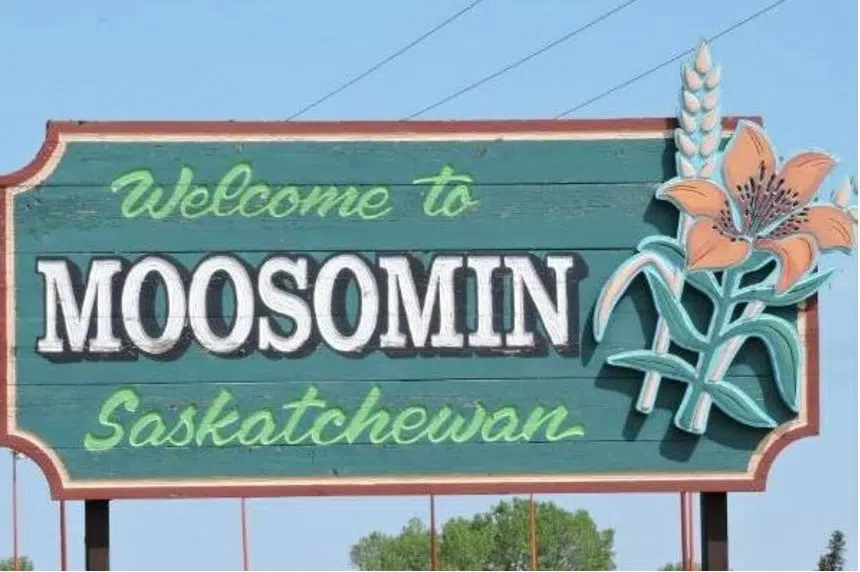Starting Friday, Manitobans who return home from travelling anywhere in Canada will have to self-isolate for two weeks under COVID-19 public health orders.
Some Saskatchewan communities are now bracing for the impact of those new restrictions.
Scott Eklund, the mayor of Maryfield, anticipates Manitoba’s new restrictions will have an impact on businesses near the border.
“It’s going to be the businesses that have to adjust, but I just don’t know how you do adjust to something like that,” Eklund said. “Speaking with business owners, they’re saying given our location, it could be anywhere from 50 to 80 per cent of the business comes from Manitoba.
“It seems it’s just another one of those things where a rule was put in place, and then we’ll kind of deal with it after the fact when it comes to border communities like ours.”
The town of a little over 300 people, located about eight kilometres west of the Saskatchewan-Manitoba border, is one of many communities in the province that sit right by the boundary.
Moosomin Mayor Larry Tomlinson says he has similar concerns for his community, which is about 20 km west of the border.
“They all seem to come our way,” Tomlinson said of Manitobans coming to the community. “A lot of people that live close to the border come to do grocery shopping, go out to eat, that kind of thing. They also use a lot of our health facilities.
“It’s certainly going to impact life. It’s just hard to say how much.”
Essential services like getting medical care or getting groceries in border towns will still be allowed.
Manitoba residents who regularly travel into Saskatchewan to areas close to the border for work or to attend school are exempt from the measures, provided they aren’t showing symptoms of COVID and limit their trips to those actions.
The same applies for Saskatchewan residents who live close to the boundary who travel into Manitoba for school or work.
The full list of exemptions can be found here.







